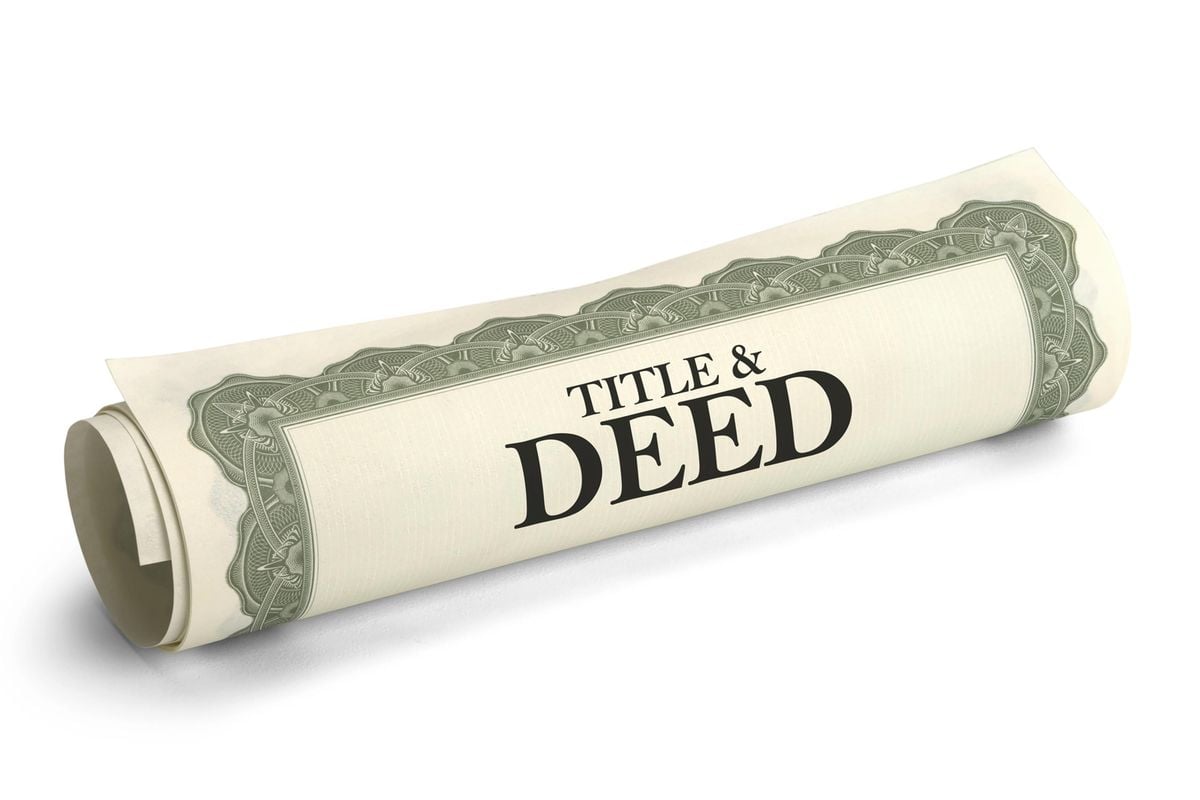
In Kenya, trust deeds are widely recognised for their pivotal role in pension administration and safeguarding individuals’ retirement funds. However, beyond their conventional application in pensions, trust deeds also offer valuable avenues for effective estate planning.
Family trusts gained legal recognition in Kenya in 2021 with the enactment of the Trustees (Perpetual Succession) (Amendment) Act. This allowed individuals or groups of individuals, whether acting jointly or individually, to register or incorporate family trusts which are administered through trust deeds.
Trust deeds offer a structured and legally binding way to manage assets and ensure a smooth transfer to beneficiaries upon the grantor’s demise and in accordance with the grantor’s wishes.
Prior to drafting a trust deed for estate planning, it is imperative to thoroughly explore the following considerations:
Objectives and scope
Clearly define the purpose of the trust. This involves a thorough examination of your estate and understanding your goals for asset distribution. Understanding your objectives will guide the design of the trust and its provisions.
Trust type and purpose
There is a need to understand the type of trust and its intended purpose. Trusts vary in complexity and objectives, therefore, choose the appropriate type of trust based on your objectives. Revocable trusts offer flexibility as they can be altered or revoked during your lifetime, while irrevocable trusts provide more asset protection but limited flexibility.
Consideration of beneficiaries
Clearly define who will benefit from the trust and the nature of their entitlements. This may include immediate family members and future generations. Consider factors such as age, financial needs, special circumstances (e.g., disabilities), and how you wish to provide for each beneficiary.
Selection of trustee
Trustees have fiduciary duties to manage trust assets prudently and in the best interest of the beneficiaries. Therefore, they play a pivotal role in administering the trust according to its terms. The trustee may be an individual or a corporate trustee. Select someone who is trustworthy, competent, and aligned with your intentions. You can appoint a family member, friend, or professional trustee depending on your preferences and the complexity of your estate.
Asset inventory
Conduct a comprehensive assessment of your assets, including real estate, investments, business interests, bank accounts, life insurance policies, and personal property. Determine which assets you intend to include in the trust, and which will remain outside of the inventory.
Legal implications
Consult a legal professional specialising in trust law and estate planning. Creating a trust deed carries legal implications that can affect the trust’s terms, tax obligations, and distribution process. Legal guidance ensures compliance with relevant laws and safeguards against unintended consequences.
Financial Considerations
Evaluate the costs associated with creating and administering the trust. These include legal fees, trustee fees, and any ongoing administrative expenses. Balancing these costs against the benefits of the trust is crucial in determining its overall value to your estate plan.
Flexibility and review
Anticipate potential changes in your circumstances or those of your beneficiaries and build flexibility into the trust deed. Include provisions for modifying the trust as needed to adapt to changing circumstances, such as changes in tax laws, family dynamics, or financial needs. Flexibility in the trust deed allows for adjustments as needed to ensure that it continues to serve its intended purpose effectively.
Alternative options
Explore alternative options before adding someone to the trust. Depending on the circumstances, other estate planning tools or strategies, such as wills or establishing powers of attorney, may better achieve your objectives.
By carefully considering these factors, you can create a Trust Deed that addresses your estate planning needs while minimizing risks and maximizing benefits for yourself and your beneficiaries. Consulting legal and financial experts is imperative to tailor a comprehensive Trust Deed according to individual requirements and in compliance with the laws and regulations.
Angeline is an advocate and legal associate at Zamara Group.









